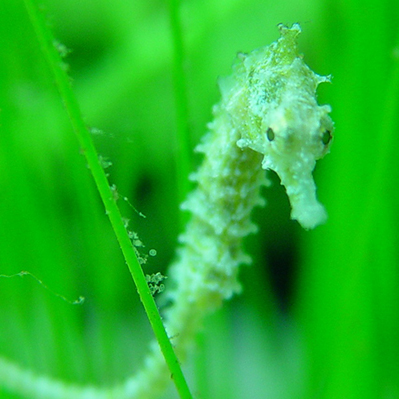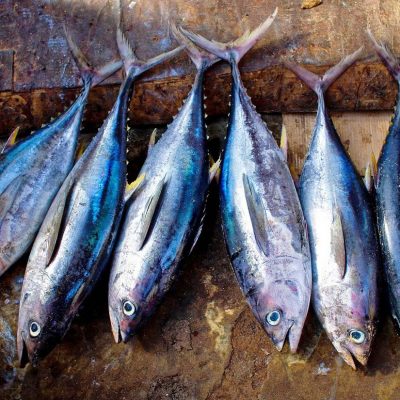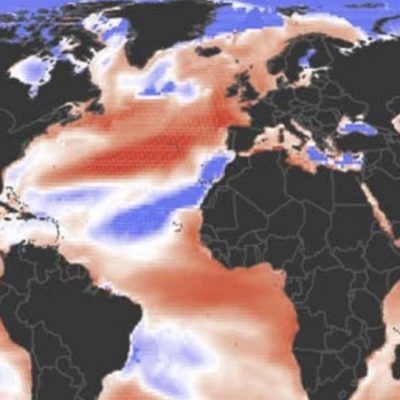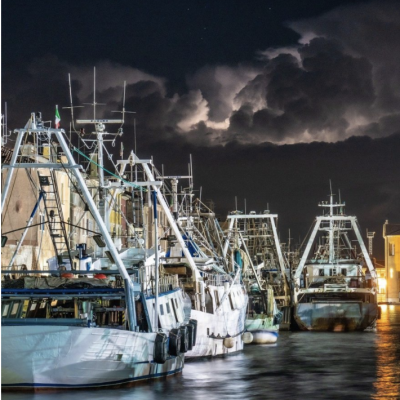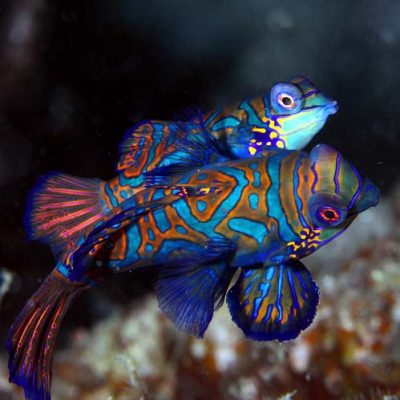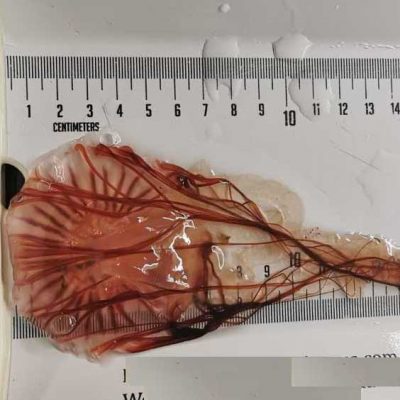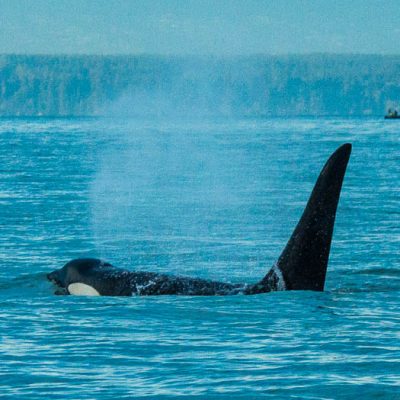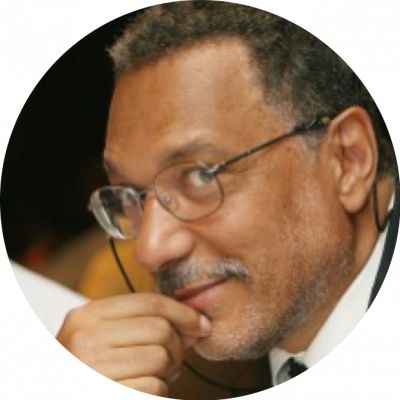Changes in the international trade in live seahorses (Hippocampus spp.) after their listing on CITES Appendix II
This new Fisheries Centre Research Report (FCRR) investigates the international live trade in seahorses.
Estimating the biomass of commercially exploited fisheries stocks left in the ocean
This new Fisheries Centre Research Report (FCRR) presents the key results of a multi-year activity of the Sea Around Us devoted to assessing the status of marine fisheries globally.
Massive “ensemble” climate modelling study includes work of multiple IOF researchers
The project used nine different computer models, created by different teams around the world, to illustrate with greater clarity and range how ocean life will be impacted by Earth’s warming climate.
Nearly 300 scientists ask the WTO to ban harmful fisheries subsidies
The researchers feel the WTO could use their upcoming meeting to sign an agreement that forbids such harmful practices, while allowing for small-scale, sustainably managed wild fisheries.
What really makes fish become sexually active
“What I think really makes fish spawn for the first time is the increasing oxygen stress that growing fish experience,” Daniel Pauly said
Shedding light on mysterious jellyfish diets
We think of jellyfish as not being picky eaters, but in this case, it seemed that they didn’t like feeding on a single diet.
No apparent shortage of prey for southern resident killer whales in Canadian waters during summer
Researchers reported that Chinook salmon in the Salish Sea in summertime are four to six times more abundant for southern resident killer whales than northern resident killer whales.
Dr. Daniel Pauly’s extraordinary life and work revealed in new book
Dr. Daniel Pauly is the world’s most-cited fisheries scientist, but life for the UBC professor has been far from easy. Now, readers can learn more in his biography, The Ocean’s Whistleblower.
Global demand for aquatic foods set to nearly double by 2050
Improvements to aquaculture production, lower prices, and changing cultural preferences expected to drive up demand for fish, seafood and seaweed, according to new research.
